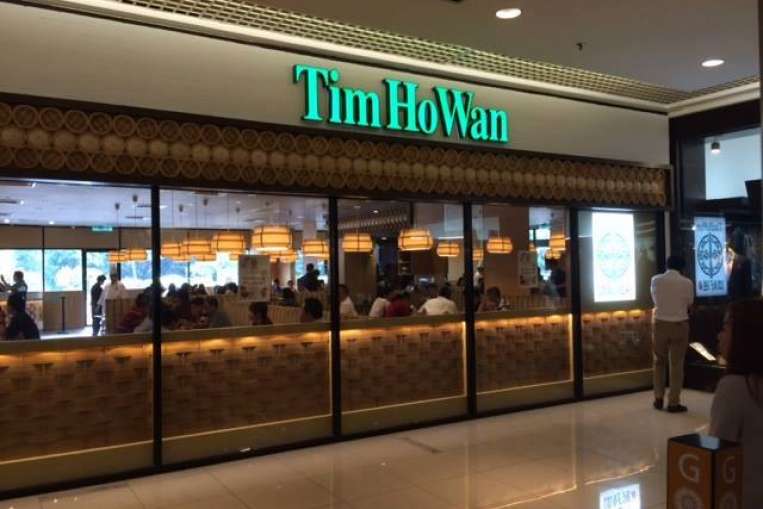Tim Ho Wan Founder Says M’sian Business Failed Because Of Its Muslim-Majority Population
He also likened running a Chinese restaurant in Malaysia to "operating a sauna in a remote desert".
Earlier this month, Michelin-starred dim sum chain Tim Ho Wan closed its two outlets in Malaysia after operating here for close to three years
Having opened it doors to Malaysians in December 2014, the Hong Kong-based chain ceased business operations on 3 July after it was reported that its operator Dim Sum Delight Sdn Bhd ceased business operations due to challenging business prospects.
According to Dim Sum Delight's audited financial statements for the year ending 31 December 2016, the company incurred a loss of RM895,642 and is not expected to turn around in the near future.
While the HK chain is reported to have shut down in Malaysia due to "challenging business prospects", its founder Mak Kwai-Pui said that the business failed because the majority of the Malaysian population "is Muslim and don't eat pork"
Speaking to reporters in Hong Kong, Chef Mak said that the business failed in Malaysia because of cultural differences, as the majority of the population in Malaysia in Muslim and don't eat pork, while pork is the main ingredient in dim sum dishes like BBQ pork bun and xiu mai (steamed pork dumplings).
He reasoned that this is why the restaurant did not have enough customers and suffered from heavy losses, comparing running a Chinese restaurant in Malaysia to "operating a sauna business in a remote desert".
Malaysians would beg to differ, as there are plenty of non-halal eateries - including dim sum restaurants - that have been doing pretty well for themselves for years. For example, local dim sum chain Jin Xuan.
International food chains such as Kim Gary, Din Tai Fun, and BBQ Plaza have also enjoyed a steady stream of customers since they first came to Malaysia.
In an interview with the Chinese Border-Crossing Q&A Project, a Malaysian journalist pointed out that the real issue behind Tim Ho Wan's closure here is mostly related to its business strategy
"If Mr. Mak had conducted market research, he should have known there are a huge number of dim sum restaurants in Malaysia. You can find BBQ pork buns everywhere, even at food stands," she said.
"Moreover, the two Tin Ho Wan restaurants were located in shopping malls. While the influx of customers is huge and there had been very long queues outside the restaurants in the beginning, the expensive rent must have raised operation costs."
She highlighted that a business' sustainability should not be depend solely on its reputation, especially if it does not live up to consumers' expectations
"According to reactions from Malaysian netizens on Facebook, the price of Tim Ho Wan food is too high, the quality of food is so-so, service is poor, and the flavours of the dishes don't suit local tastes. These are more likely the main reasons for its failure," she said.
"People may have felt inclined to line up because of the Michelin star when it first opened, but it won't be their primary choice in the long run."
In addition, she also pointed out that Chef Mak's "cultural differences" explanation projects a sense of cultural superiority instead of admitting that the business failed to cater to locals' preferences
"The majority of overseas companies' investment in Malaysia want a share in the Chinese market, but have not done enough research into the country’s diverse cultures," she said.
"They impose their own culture onto the community, which has resulted in a sense of cultural superiority and hence, a failure in business. It is regretful that the business blames its failure on local customers’ preferences.
It would've been more genuine and convincing to say that [Tim Ho Wan's] BBQ pork bun failed to cater to customers’ tastes than to say that Malaysians cannot eat BBQ pork bun [because of Muslim culture]."




